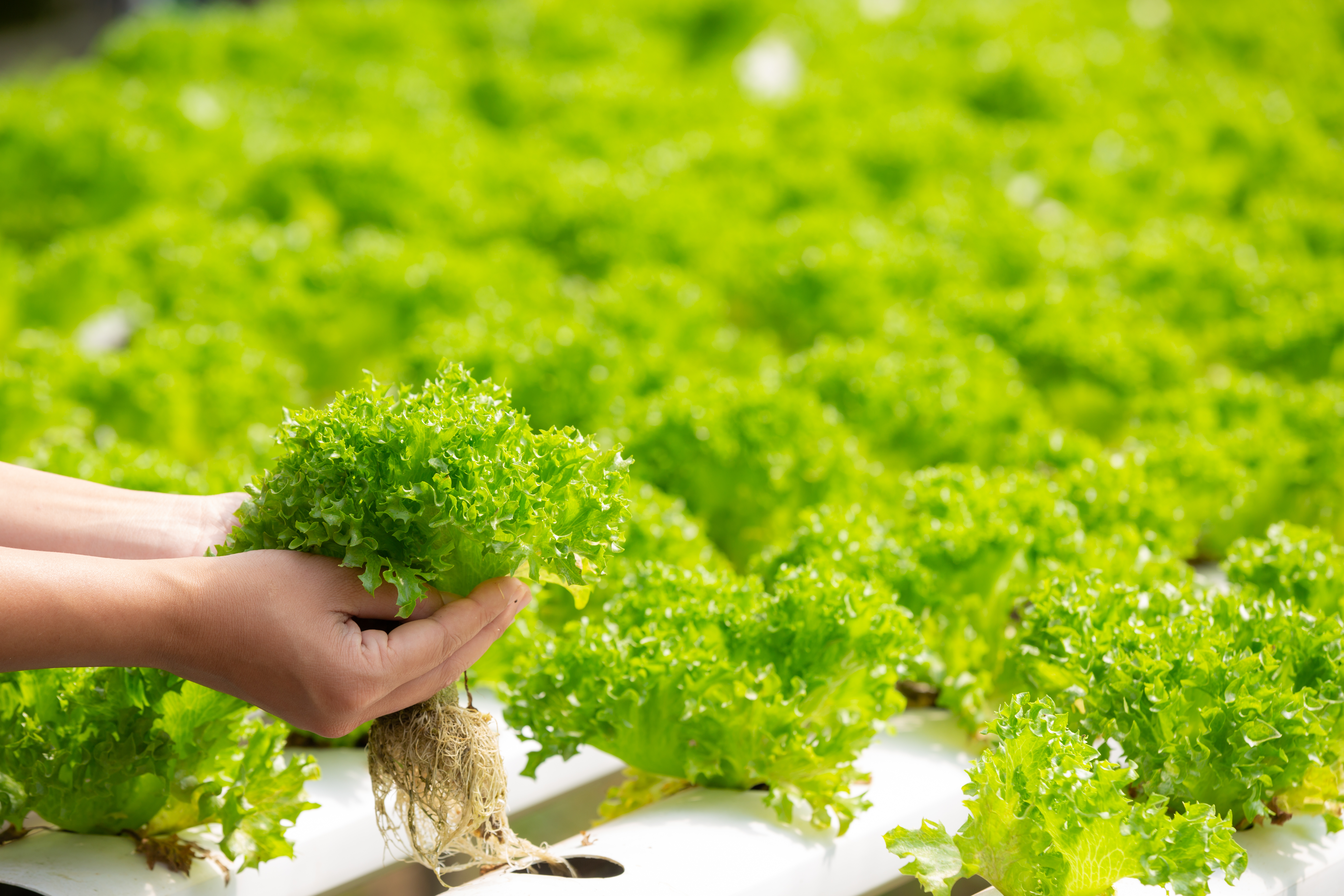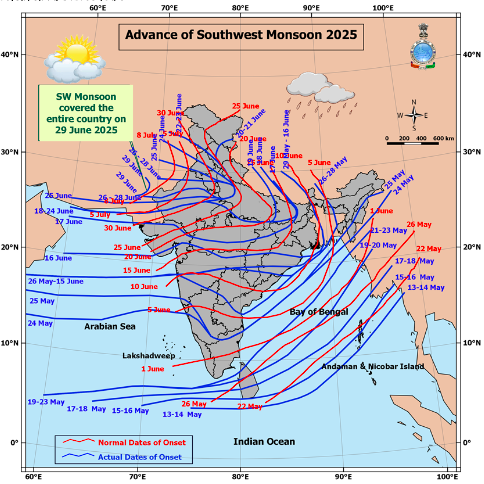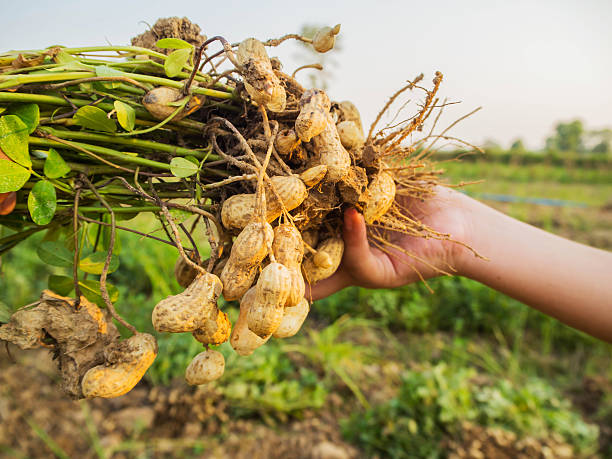Governments sometimes pass regulations that encourage farmers to shift to organic methods because of the health and environmental benefits and trade opportunities associated with organic agriculture through tax reductions/exemptions, subsidies, or support in research and marketing. The Indian Government has shown equal interest in promoting organic farming in India. The following are some of the measures taken by the Government:
Mission Organic Value Chain Development for North East Region (MOVCD-NER): It is a Central Sector Scheme launched by the Ministry of Agriculture and Farmers Welfare in 2015 under the National Mission for Sustainable Agriculture (NMSA) to link growers with consumers in Northern India by developing certified organic production in a value chain model.
Paramparagat Krishi Vikas Yojana (PKVY): The scheme was launched in 2015 as an elaborated component of Soil Health Management. Organic farming is promoted under PKVY by adopting organic villages by cluster approach and Participatory Guarantee System (PGS) certification. An assistance of Rs. 50,000 per hectare per 3 years is provided, out of which 62%, i.e., Rs. 31,000 is given as farmer encouragement towards organic farming inputs.
Rastriya Krishi Vikas Yojana (RKVY): This is a state plan scheme launched in August 2007 by the Indian Government to achieve annual agricultural growth through agriculture development & allied sectors like crop and animal husbandry, fisheries, food storage & warehousing, etc.
National Programme for Organic Production (NPOP): Its the world’s largest organic certification program, launched in 2001 and recognized by European Union and Switzerland since 2006. APEDA implements the scheme, Ministry of Commerce and Industry.
Certification schemes for regulation of organic products:
- Food Safety and Standards Authority of India (FSSAI) is responsible for regulating organic food in the domestic market and imports
- Participatory Guarantee System (PGS) ensures that organic products’ production takes place per laid-down quality standards
- Soil Health Card Scheme has raised productivity by 5-6% and led to a decline of 8-10% in the use of chemical fertilizers
Agri-export Policy 2018: Marketing and promotion of “Produce of India” have positively impacted organic farming in India.
One District – One Product (ODOP): The program generates employment at the district level by encouraging more visibility and sale of indigenous and specialized products/crafts of Uttar Pradesh.
PM Formalization of Micro Food Processing Enterprises (PM FME): The Ministry of Food Processing Industries (MoFPI) launched the PM FME scheme as part of ‘Atmanirbhar Bharat Abhiyan’ that aims to bring in new tech, apart from good credit to help small entrepreneurs penetrate new markets.
Conclusion
By 2030, organic agriculture will prosper in India and will contribute to feeding 1.5 billion people. As per the statistics by ASSOCHAM and TechSci, the organic farming market in India will grow at 25-30% per year and reach around $1.36 billion by 2020. In India, organic farming is rapidly growing, and investors agree that despite the challenges in this sector, as soon as awareness and educational training about the benefits and the set-up of organic farming is spread to the farmers, a positive economic outcome will likely follow.
Sources: https://www.drishtiias.com/daily-updates/daily-news-analysis/organic-farming-in-india
https://www.maiervidorno.com/organic-farming-indias-future-perfect
https://www.agrifarming.in/government-schemes-for-organic-farming-in-india








 Connect With Us
Connect With Us